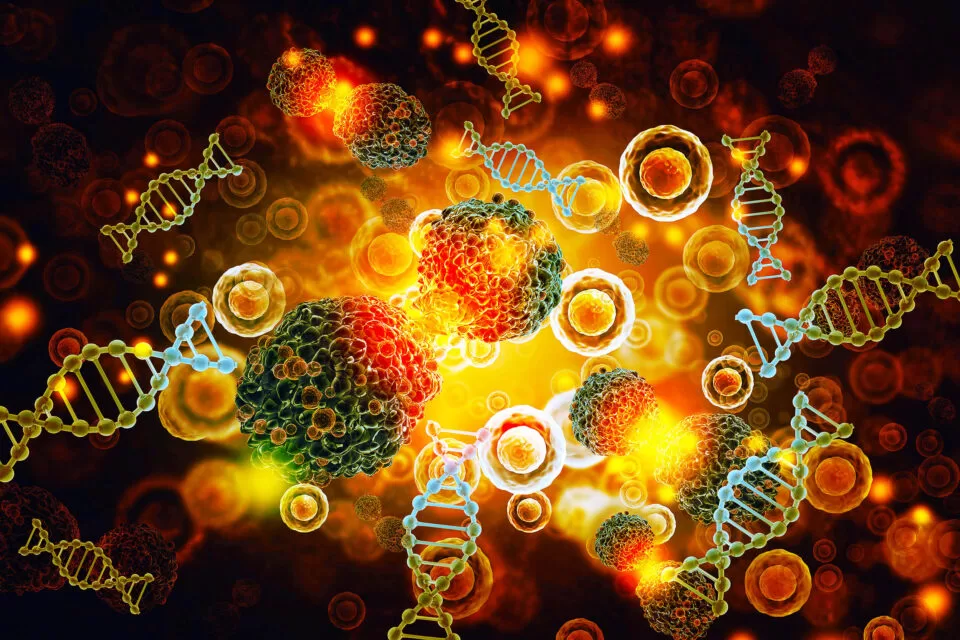In a monumental stride for medical innovation, the U.S. Food and Drug Administration (FDA) has greenlit Lenmeldy (atidarsagene autotemcel), marking the first FDA-approved gene therapy designed to treat children afflicted with pre-symptomatic late infantile, pre-symptomatic early juvenile, or early symptomatic early juvenile metachromatic leukodystrophy (MLD). This groundbreaking decision promises hope for individuals grappling with this debilitating rare genetic disorder, which wreaks havoc on the brain and nervous system.
MLD is caused by a deficiency of the enzyme arylsulfatase A (ARSA), resulting in the accumulation of fatty substances called sulfatides within cells. This buildup precipitates damage to the central and peripheral nervous system, leading to the loss of motor and cognitive function and premature death. With an estimated incidence of one in every 40,000 individuals in the United States, MLD poses significant challenges for patients and caregivers alike, with treatment options traditionally limited to supportive care and symptom management.
“This marks a pivotal moment in the landscape of rare genetic diseases, offering a glimmer of hope for children grappling with the devastating impact of MLD,” remarked Peter Marks, M.D., Ph.D., director of the FDA’s Center for Biologics Evaluation and Research (CBER). “The FDA remains steadfast in its commitment to fostering the development and evaluation of safe, effective, and innovative therapies capable of transforming patients’ lives.”
Lenmeldy represents a paradigm shift in therapeutic approaches, offering a one-time, individualized single-dose infusion derived from the patient’s own hematopoietic (blood) stem cells (HSCs), genetically engineered to harbor functional copies of the ARSA gene. Following the collection and modification of stem cells from the patient, the modified cells are reintroduced into the body, where they engraft within the bone marrow, supplying the body with myeloid (immune) cells capable of producing the ARSA enzyme. This enzyme aids in breaking down the harmful accumulation of sulfatides, potentially halting the progression of MLD. However, prior to treatment, patients must undergo high-dose chemotherapy to prepare for the infusion of modified cells.
Dr. Nicole Verdun, director of the Office of Therapeutic Products in CBER, emphasized the significance of this approval in advancing treatment options for rare diseases, stating, “MLD exerts a profound toll on the quality of life of patients and their families. The approval of Lenmeldy represents a pivotal step forward in expanding access to effective treatments, including gene therapies, for individuals grappling with rare diseases.”
Clinical trials evaluating Lenmeldy’s safety and efficacy demonstrated promising outcomes, with treated children exhibiting a significant reduction in the risk of severe motor impairment or death compared to untreated children. Notably, all children with pre-symptomatic late infantile MLD who received Lenmeldy survived beyond 6 years of age, showcasing the therapy’s potential to mitigate disease progression. Moreover, a substantial proportion of treated children achieved milestones such as independent walking and normal language and cognitive function.
Despite its promise, Lenmeldy is not without risks, with common side effects including fever, low white blood cell count, mouth sores, and respiratory and gastrointestinal infections. Notably, patients must undergo lifelong monitoring for potential complications, including hematologic malignancies and blood clots.
The FDA’s approval of Lenmeldy underscores its commitment to expediting the development of innovative therapies for rare diseases, with Lenmeldy receiving Priority Review, Orphan Drug, Rare Pediatric Disease, and Regenerative Medicine Advanced Therapy (RMAT) designations.
The approval of Lenmeldy marks a transformative milestone in the field of gene therapy, offering renewed hope for patients and families navigating the challenges of rare genetic diseases.










